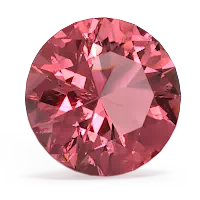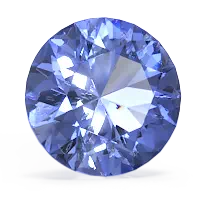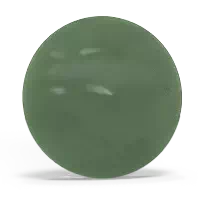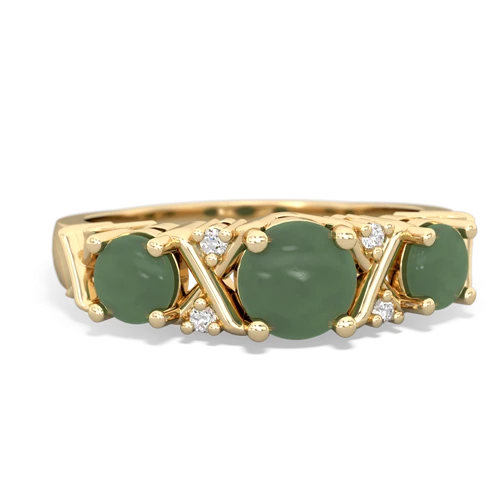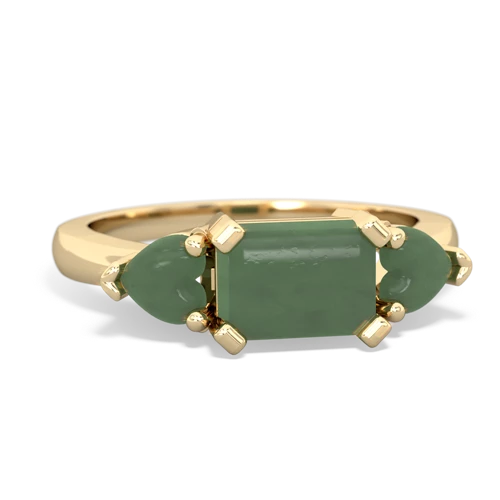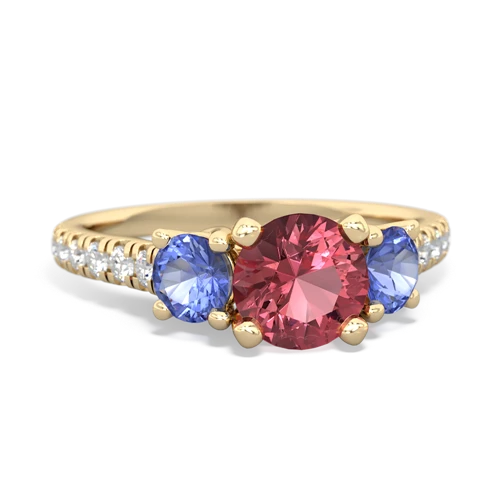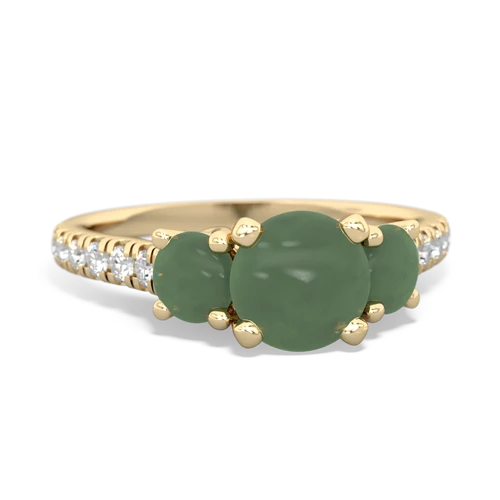Jade is the stone given in celebration of the 12th, 30th, and 35th anniversaries of marriage. For thousands of years, the stone has been revered in China and other countries throughout the world. The Chinese, Mayas, Aztecs, and the Maoris of New Zealand have long prized the stone for its use in jewelry, and in carvings of sacred religious figures. Before there were written records of jade, it was used for axe heads, spear points, daggers, and sacred knives in pagan religious ceremonies. From the earliest days of jade's history, it has been the most favored gem among the Chinese. There are collections of jade with Chinese carvings, dating back to 2000 BC in museums throughout the world. These include carvings of meaningful shapes such as fish, birds, bats and dragons. Jade was used extensively in daily and ceremonial objects of Chinese nobility and represented high rank and authority. Jade amulets were actually buried with the dead in China. The Spanish conquistadores adopted the use of...
learn more